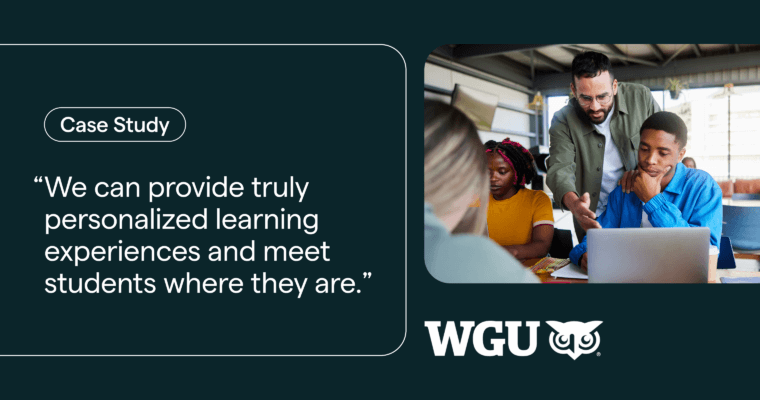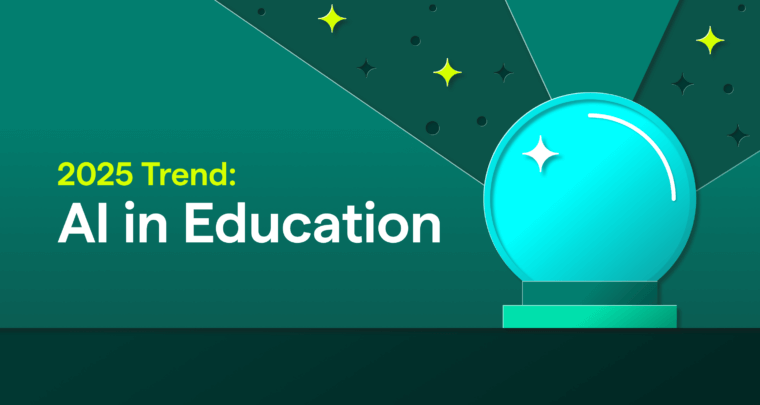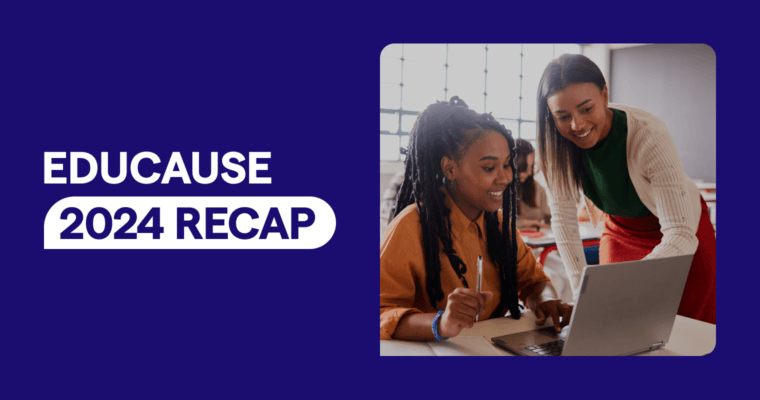
Since our founding in 2009, Grammarly has helped students improve their communication skills and produce original, mistake-free content. That’s why Arizona State, the University of Pennsylvania, Clemson University, and more than 3,000 other academic institutions trust Grammarly to help students and faculty become more capable communicators.
In the last few years, AI advances have changed communication in educational and professional spaces. Grammarly has always leveraged AI throughout our product to empower students to grow the communication skills they need in school and at work. However, the rise in AI-based tools over the last 18 months has caused understandable concerns over AI plagiarism and the changing academic integrity landscape.
There may be a temptation to draw a straight line from using AI-powered writing tools to academic integrity violations. Still, this reaction oversimplifies how these tools can—and will—be used in academic and professional settings. And this oversimplification does a disservice to both schools and students. Functionality and context are critical when using AI-powered tools in educational settings, defining academic integrity, and investigating potential misuse.
How students can use Grammarly as an AI-powered writing partner
Grammarly’s writing support features use a combination of machine learning, natural language processing, and training from human linguists to deliver the best writing suggestions on the market. These suggestions help students improve spelling, grammatical correctness, clarity, concision, and tone. They do not change the substance of the writing. Instead, they become a critical educational tool that helps students improve their writing. Alan Campbell, a graduate student in North Carolina, shares: “This is the best writing tool I have ever used. I found it back in 2014 during undergrad, and it has improved my writing over time substantially, along with saving my GPA ever since.”
Grammarly also offers optional generative AI features, introduced in 2023. These features are available for students on free and Premium licenses to support all communication phases, from brainstorming to real-time feedback to revision to comprehension. They can generate content and, if not used responsibly, can meaningfully change writing. Such use is more likely to fall into an academic integrity gray area, making it all the more important for institutions and faculty to help students navigate how and when it’s appropriate to use these features.
Grammarly encourages the responsible use of generative AI, and we’ve invested in building features accordingly. When students prompt Grammarly to compose text, AI guidelines redirect them to academic integrity policies and suggest using generative AI to help them brainstorm. We also make it easy for students to cite their use of generative AI through one-click “Acknowledge Grammarly Gen AI use” prompts. Finally, we offer an AI for Students course, which guides students under any license to use generative AI responsibly, whether it be Grammarly or another tool.
Even with these resources, students are ultimately looking to schools to communicate when using generative AI features is appropriate and when it’s not. Institutions with Grammarly for Education licenses can control whether generative AI features are turned on or off. We partner with our Grammarly for Education customers to determine the best approach for specific schools and departments.
How to define academic integrity in the age of AI
With or without AI-based tools, students will always need faculty support to help develop the writing, critical thinking, rhetorical, and evaluative skills required to become effective communicators. Institutions will benefit from developing a clear and sophisticated definition of academic integrity to honor the student-faculty dynamic in the age of AI.
This definition must leave room for nuance: What are the appropriate ways AI can support student writing? When should generative AI be used to drive efficiency for faculty and students? When is it inappropriate?
Context also matters when assessing whether or not a student has used AI appropriately. Investigating when and how AI may have been used on a particular assignment is complicated. There is no single source of truth for determining whether a student has violated policies.
While AI plagiarism checkers may play a role here, they are intended to be used as a flag that prompts further investigation. They can produce false positives on any written text. As such, they should be considered a single data point in a disciplinary process that assumes innocence and gathers evidence from multiple sources. Approaching the use of AI and academic integrity in this way fosters a transparent and trustworthy dialogue between faculty and students.
How AI writing assistants prepare students for work
Schools want to prepare students for future careers, and students want to become fluent in the tools they will use for work. AI-powered products will soon be a norm in the workplace. Over 70,000 teams, including a third of Fortune 500 companies, trust Grammarly to help move work forward. Now is the time for colleges to embrace these tools and teach students to use them appropriately.
And many of Grammarly’s partner schools are already taking this step: Dr. Sarah Moore, associate professor of instruction and director of Business Communication Program and Center at the University of Texas at Dallas, has made Grammarly’s generative AI features available to the entire business school: “To me, it boiled down to creating equity for our students so they can be equally prepared for the workforce.”
Matthew Nimeth, director of instructional technology at Colorado Christian University, also recognizes the value of Grammarly in preparing students for work: “These are tools that are just accepted in the workplace. Now more than ever, students need to know how to use Grammarly as they emerge with their college degrees.”
Thanks to Grammarly, students become familiar with AI-powered writing assistance in the workplace and ultimately prepare themselves for success at work. And, 100% of students using Grammarly report that it helped them secure an internship or first job. Grammarly is committed to empowering students to use AI responsibly and in compliance with their school’s academic integrity policies. We are partners in equipping them with the skills and knowledge they need to do their best work at school and beyond.






